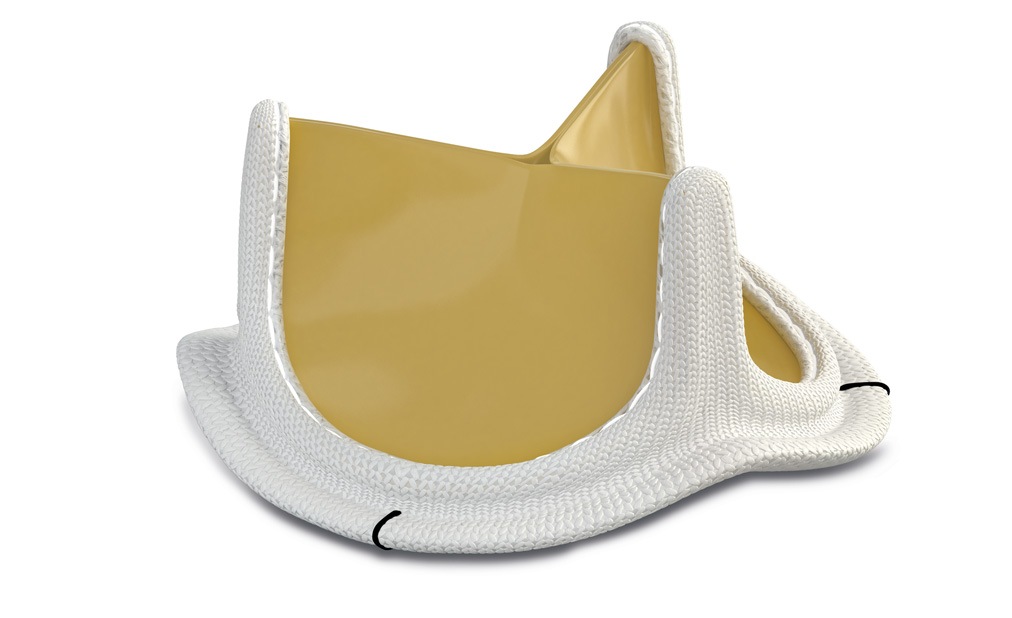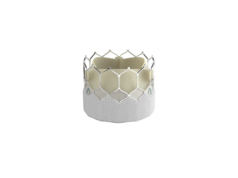
The first ever Inspiris Resilia aortic valve (Edwards Lifesciences) implantation procedures have successfully taken place in two UK hospitals—King’s College and Royal Brompton and Harefield NHS Trust (both London, UK).
The Inspiris Resilia aortic valve is the first in a new class of resilient heart valves. According to a company release, it incorporates advanced Resilia tissue, leverages features of the Perimount Magna Ease valve and includes the proprietary VFit technology, designed for potential future valve-in-valve procedures.
The new valve is designed to provide younger, active patients with an alternative option to mechanical valves that does not require life-long anticoagulation with warfarin. The longevity of the resilient valve is intended to reduce the chance of patients requiring additional operations in later years and could allow patients to remain or regain their active lifestyles, have children and go back to physical work.
Olaf Wendler, consultant cardiothoracic surgeon at King’s College Hospital, who performed one of the two surgeries, says, “This new device represents a huge step forward in the advancements of heart valve treatment providing surgeons and their active patients with an improved, longer lasting, treatment option. Thanks to such modern advancements, heart valve disease patients can now live longer with an improved quality of life.”
The world’s first two patients to undergo the surgery were 27-year-old Nosheen Khan from Croydon, UK, at King’s College Hospital, and a 44-year-old woman at Royal Brompton and Harefield. Together with a team of heart specialists, the aortic valve replacement surgery at Harefield Hospital was led by Toufan Bahrami, consultant cardiac surgeon specialised in minimally invasive valve surgery and Jullien Gaer, consultant cardiac surgeon.
Bahrami says, “As a specialist centre for patients with heart and lung disease, we want to offer the best treatments to our patients that give them the very best outcomes in the long term. We are very proud to pioneer this exciting development for young patients who need an aortic valve replacement.”
Commenting on the procedure, Bahrami says, “We replaced the patient’s aortic valve through keyhole surgery, using just one small incision, in less than two hours. This technique is minimally invasive and avoided us having to perform major open heart surgery. The patient will be going home in just a few days.”
Bahrami continues, “Lasting three times longer and with a physiological design, where the valve’s ring moves with the heartbeat, if the Inspiris Resilia aortic valve continues to be successful it is going to change the whole concept for future treatment of heart valve patients.”









